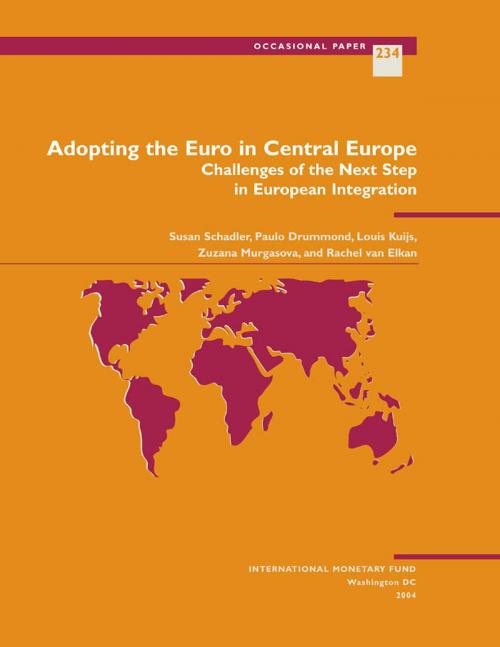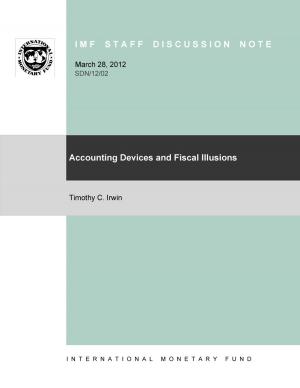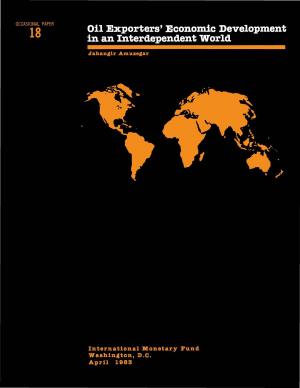Adopting the Euro in Central Europe: Challenges of the Next Step in European Integration
Business & Finance, Economics, Public Finance, Finance & Investing, Banks & Banking, Macroeconomics| Author: | International Monetary Fund | ISBN: | 9781452793719 |
| Publisher: | INTERNATIONAL MONETARY FUND | Publication: | April 14, 2005 |
| Imprint: | INTERNATIONAL MONETARY FUND | Language: | English |
| Author: | International Monetary Fund |
| ISBN: | 9781452793719 |
| Publisher: | INTERNATIONAL MONETARY FUND |
| Publication: | April 14, 2005 |
| Imprint: | INTERNATIONAL MONETARY FUND |
| Language: | English |
Upon entry into the European Union, countries become members of the Economic and Monetary Union (EMU), with a derogation from adopting the euro as their currency (that is, each country joining the EU commits to replace its national currency with the euro, but can choose when to request permission to do so). For most of these countries, adopting the euro will entail major economic change. This paper examines likely economic developments and policy challenges for the five former transition countries in central Europe--the Czech Republic, Hungary, Poland, the Slovak Republic, and Slovenia--that joined the European Union in May 2004 and operate under independent monetary policies but have not yet achieved policy convergence with the rest of the euro area.
Upon entry into the European Union, countries become members of the Economic and Monetary Union (EMU), with a derogation from adopting the euro as their currency (that is, each country joining the EU commits to replace its national currency with the euro, but can choose when to request permission to do so). For most of these countries, adopting the euro will entail major economic change. This paper examines likely economic developments and policy challenges for the five former transition countries in central Europe--the Czech Republic, Hungary, Poland, the Slovak Republic, and Slovenia--that joined the European Union in May 2004 and operate under independent monetary policies but have not yet achieved policy convergence with the rest of the euro area.















